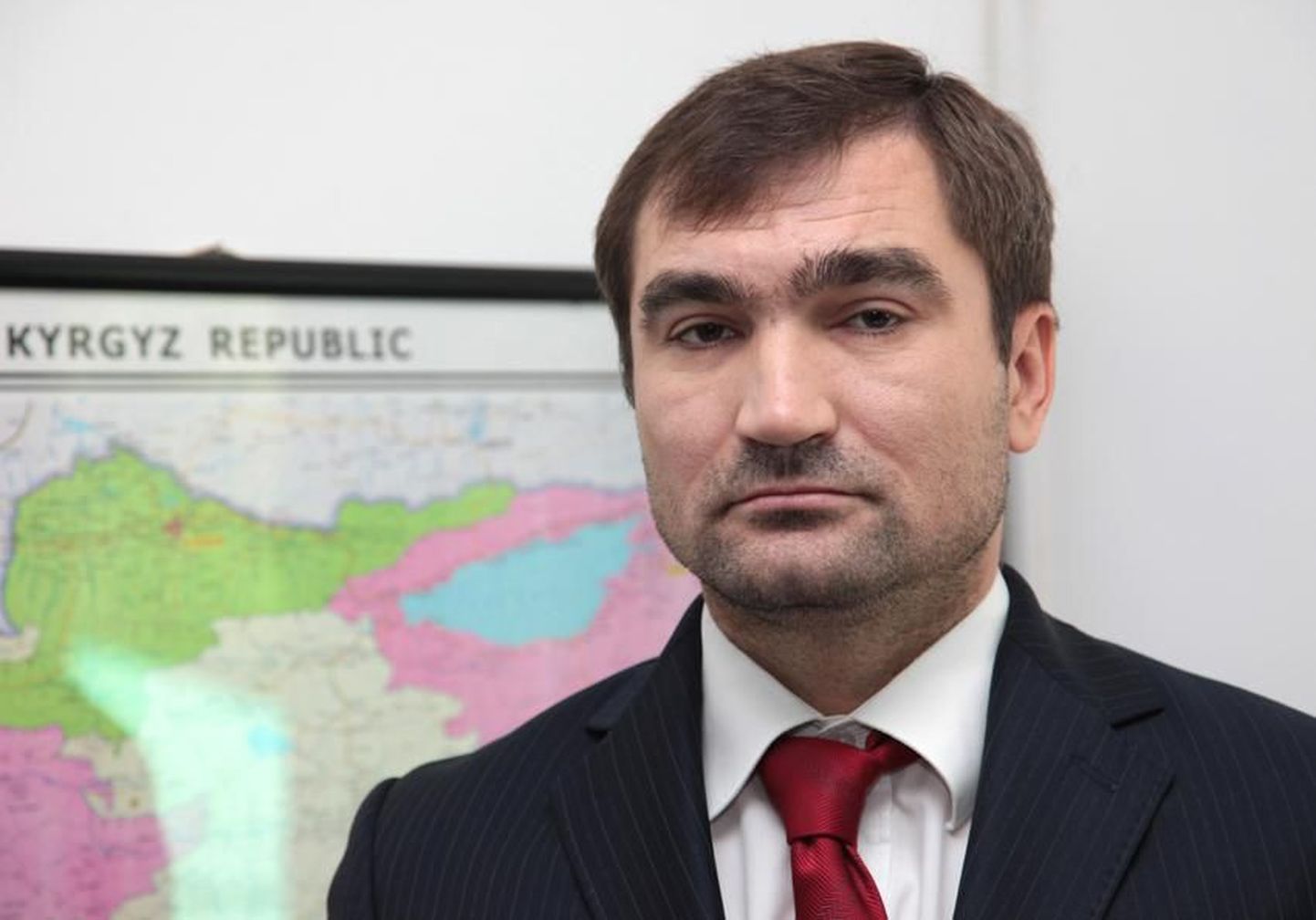It paved the way to a new stage in the EU cooperation framework with the three countries that is initially the implementation of the Association Agreement and, especially, its intrinsic component – the Deep and Comprehensive Free Trade Area (DCFTA).
They way to the conclusion of the Association Agreement was not easy. Since 2009, the Republic of Moldova has been engaged in an accelerated process of rapprochement with the EU. The country has made substantial progress towards visa liberalisation, and in April 2014 it obtained the visa free regime with the EU. The country demonstrated determined internal political and administrative efforts. The European Integration aspirations were based on a large support of the population in 2009. It has gradually faded away and there are objective factors for it. The Republic of Moldova has found itself in the epicentre of harsh geopolitical rivalries playing out in Eastern Europe. The closer to the finalisation of the negotiations of the Association Agreements by three EaP countries – Georgia, the Republic of Moldova and Ukraine, the more pressure and criticism from the Russian Federation has emerged. In Ukraine, it has developed into a dramatic internal conflict with unprecedented interference from its eastern neighbour. Besides, the economic situation in the Republic of Moldova has been influenced by world economic trends. Coupled with discriminatory sanctions imposed by the Russian Federation, relative internal political instability, the European integration idea has lost the overwhelming support of the population. However, the results of the parliamentary elections of November 2014 and local elections of June 2015 give a slight reassurance for the political establishment to continue the European integration agenda.
